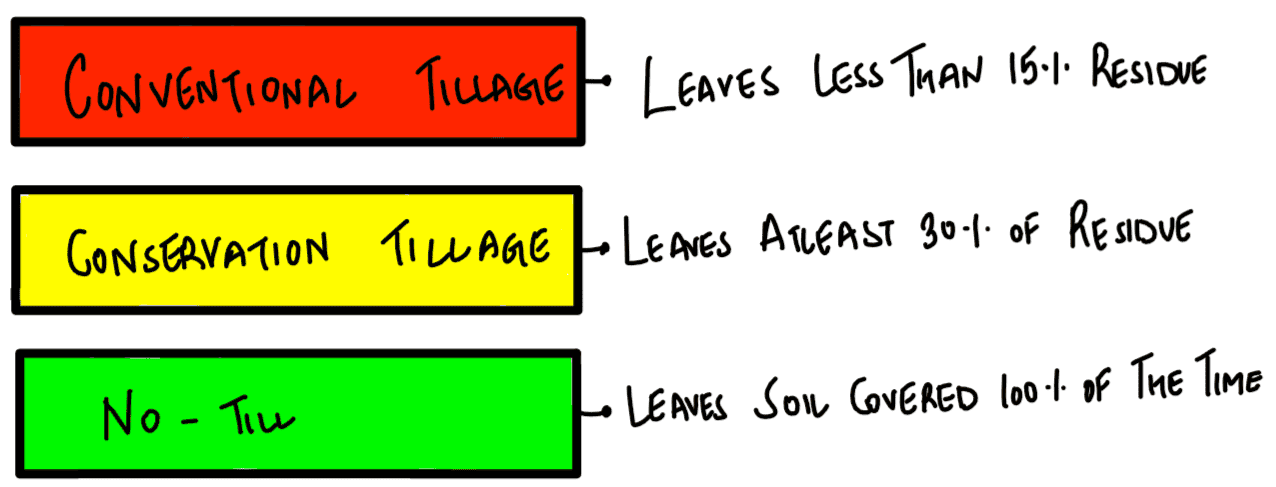QUESTION
GS
Medium
Environment & Ecology
Prelims 2020
What is/are the advantage/advantages of zero tillage in agriculture?
- Sowing of wheat is possible without burning the residue of previous crop.
- Without the need for nursery of rice saplings, direct planting of paddy seeds in the wet soil is possible.
- Carbon sequestration in the soil is possible.
Select the correct answer using the code given below:
Select an option to attempt
Trusted by 2L aspirants
Practice UPSC Prelims PYQs Smarter

- Track accuracy & weak areas
- See past trends & repeated themes
Crack UPSC with your
Personal AI Mentor
An AI-powered ecosystem to learn, practice, and evaluate with discipline

